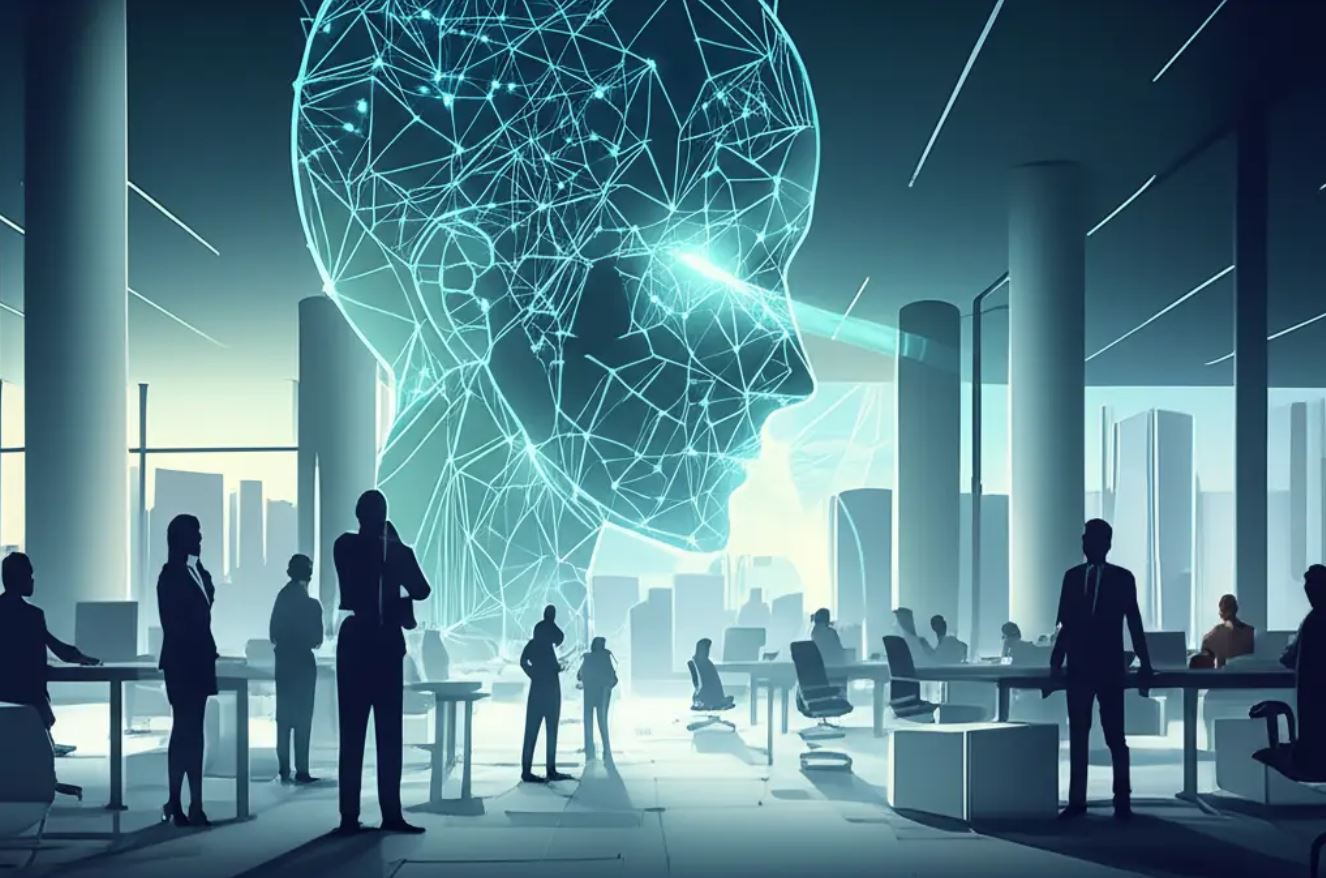 AI is reshaping our work landscape, and entry‐level engineering roles are feeling the shift. Mike Krieger, Anthropic’s Chief Product Officer and co‑founder of Instagram, recently explained how hiring is changing—favouring seasoned engineers over fresh graduates. Speaking during a conversation on The New York Times’ Hard Fork podcast, he recalled Anthropic’s current hesitancy to take on new interns due to the absence of a well‑established internship programme.
AI is reshaping our work landscape, and entry‐level engineering roles are feeling the shift. Mike Krieger, Anthropic’s Chief Product Officer and co‑founder of Instagram, recently explained how hiring is changing—favouring seasoned engineers over fresh graduates. Speaking during a conversation on The New York Times’ Hard Fork podcast, he recalled Anthropic’s current hesitancy to take on new interns due to the absence of a well‑established internship programme.
As AI capabilities advance, the role of entry‑level engineers is set to evolve too. On the 20VC podcast, Krieger suggested that routine coding tasks might soon be handed over to AI, freeing engineers to invest more time in creative problem‑solving and user‑centred design. This new approach could also involve tapping into AI‑powered analysis tools to boost productivity.
There’s a bright side, however. Individuals who quickly learn to use AI tools like Anthropic’s Claude can often match the productivity of veteran engineers. As noted by Anthropic spokesperson Steve Mnich, the key is getting comfortable with these new technologies.
At present, Anthropic is on the lookout for 200 professionals across sectors such as AI research, engineering, and communications. A quick look at their job listings reveals that most roles call for extensive experience, with a few exceptions—mostly in sales—for those with less background.
Anthropic CEO Dario Amodei has warned that AI might eventually cut as many as 50% of entry‑level tech jobs. His caution, echoed in discussions with Axios and CNN, serves as a gentle reminder for industry leaders to prepare for these transitions as AI outpaces human performance in many intellectual tasks. Similarly, Retool CEO David Hsu highlighted that while workers currently hold significant bargaining power in the labour market, many CEOs are already eyeing AI solutions to shift that balance.








